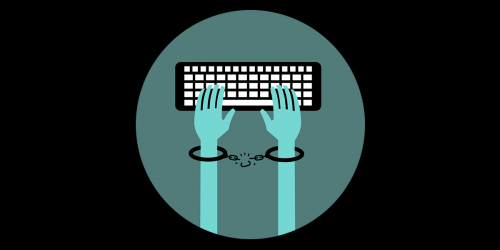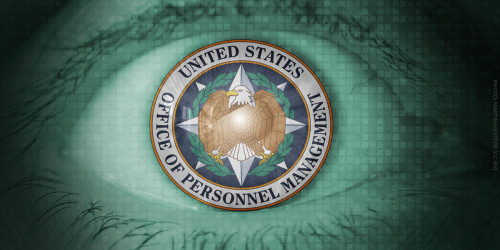Sacramento—The Electronic Frontier Foundation (EFF) and Sen. Joel Anderson (R-Alpine) have introduced a California bill to protect drivers’ privacy by allowing them to cover their license plates while parked to avoid being photographed by automated license plate readers (ALPRs).
The legislation will be considered by the California Senate Transportation and Housing Committee on Tuesday, May 9, 2017. EFF Investigative Researcher Dave Maass will testify as a witness in support of the bill.
Under current law, Californians can cover their entire vehicles—including the plates—when lawfully parked. The proposed bill, S.B. 712, would clarify that California drivers can cover just the plate under the same circumstances. Law enforcement officers would still have the authority to lift the cover to inspect a license plate.
ALPRs are high-speed cameras that photograph the license plates of any vehicles that pass within view and convert the plate scans into machine-readable information. GPS coordinates and time stamps are attached to the data, which is uploaded to a searchable central database. Depending on the database, this information may be accessed by a variety of sectors, including law enforcement, the insurance industry, and debt collectors. In aggregate, this data can reveal sensitive, private location information about innocent people, such as their travel patterns, where they sleep at night, where they worship, when they attend political protests or gun shows, and what medical facilities they visit.
The bill would allow vehicle owners to shield their license plates from ALPRs mounted on police cars or vehicles operated by private surveillance companies that cruise down streets and in parking lots photographing licenses of parked cars. These companies often offer services such as the ability to predict a driver’s movements or to identify a driver’s associates based on vehicles regularly found parked near each other.
“Californians deserve a way to protect themselves from the data miners of the roadway—automated license plate reader companies,” said Maass. “This bill doesn’t put a new burden on law enforcement or businesses, but rather gives members of the public who aren’t breaking the law a way to ensure they’re not being spied on once they’ve legally parked their car.”
If the information is breached, accessed by unauthorized users, or sold publicly, ALPR data has the potential to put people in real danger, such as making domestic violence victims’ travel patterns available to their ex-partners. Law enforcement officials should also support this bill, since ALPR data can also reveal information about the home lives of officers or their meetings with witnesses. People could protect themselves when they visit sensitive locations, such as political rallies and protests.
“State law allows for fully covered vehicles if law enforcement can lift the cover to read the license plate and registration,” Sen. Anderson said. “S.B. 712 would specifically allow for partially covering vehicles including the license plate only.”
Hearing details:
Who: Dave Maass, Electronic Frontier Foundation Investigative Researcher
When: Tuesday, May 9, 1:30 pm
Where: California State Capitol, Room 4203
10th and L Streets
Sacramento, CA 95814
Text of the legislation: https://leginfo.legislature.ca.gov/faces/billNavClient.xhtml?bill_id=201720180SB712
EFF’s Support Letter: https://www.eff.org/document/sb-712-support-letter
EFF's Second letter on the Constitutional right to privacy: https://www.eff.org/document/effs-second-letter-sb-712
Official S.B. 712 Fact Sheet: https://www.eff.org/document/sb-712-fact-sheet
For more on ALPRs: https://www.eff.org/deeplinks/2017/04/four-flavors-automated-license-plate-reader-technology









